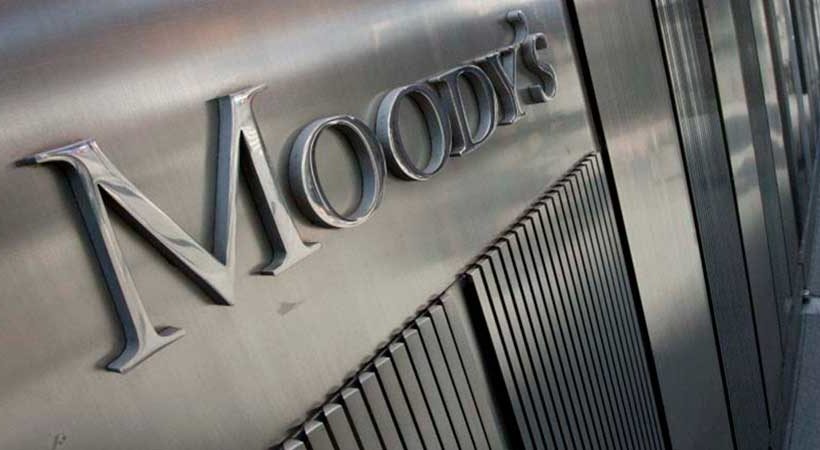Rating agency Moody’s Investors Service said yesterday(13) that its baseline scenario for Brazil does not foresee any significant disruptions following the presidential election.
At the same time, however, it warned that any continued uncertainty about the direction of the country’s economic and fiscal policies would affect its outlook.
In a report on sector expectations, Moody’s said that the prospect of a post-election environment without significant turbulence would exist in the event of both re-elections of incumbent President Jair Bolsonaro (PL, right) and a victory for former President Luiz Inácio Lula da Silva (PT, left).

The two candidates will face off in an exciting runoff later this month.
Brazil’s next presidential government, however, will face several challenges:
Maintaining fiscal discipline, investor confidence, and growth,” the rating agency said, adding that “maintaining the credibility of domestic budgetary policy will be vital to addressing these risks.
Moody said the spending cap – the main anchor for Brazil’s public finances – will likely remain in place under the next government. However, there is the possibility of changes to the rule that would “introduce fiscal risks.”
“While we expect the next government to seek a change in the spending cap, the impact of potential changes on creditworthiness will depend on the amount of additional spending.”
“Such credit rating implications would also depend on whether Brazil maintains a credible fiscal framework that provides a clear path to fiscal consolidation and a clear path for public debt,” Moody’s said in the report.
Aside from the fiscal issue, the agency noted that the momentum of structural reforms in Brazil has slowed and said the risks of reversing reforms already implemented after the elections are likely to weigh on investor confidence.
“In the medium term, restoring growth potential and improving sustainable growth would depend on the next government promoting structural reforms that encourage stronger private sector investment,” Moody’s said.
“Uncertainty about the government’s post-election (economic) policies or increased government intervention in key sectors would dampen prospects for strong private investment and hurt future growth.”
Complicating the Brazilian situation, the agency said, is the high-interest rate environment, as the increase in the Selic rate to its current level of 13.75 percent makes it difficult to pay down government debt.
High borrowing costs are also expected to undermine Brazilian economic activity, which Moody’s said will slow in 2023 “with negative implications for government revenues and debt dynamics.”
“These conditions will persist until the next government provides a clear direction for its fiscal policy in the coming years,” the agency added.
The cap on fiscal spending was already relaxed during Bolsonaro’s term to allow for higher spending on social benefits.
Economists say that if re-elected, the current president would have to make further changes to the rule to fulfill his campaign promises.
Da Silva, for his part, has refused to detail his plans for taxation but has said several times that he plans to abandon spending limits if he wins the election.

